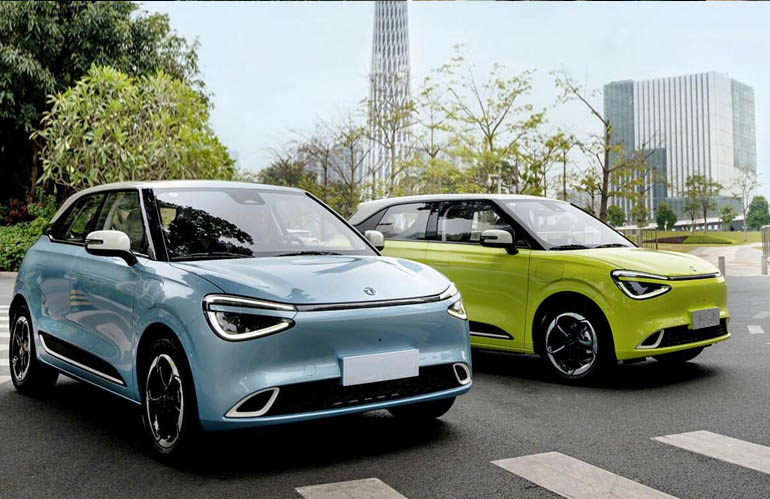Innoson car Manufacturing Company (IVM) has showcased its first-ever domestically manufactured electric car.
Cornel Osigwe, Head of Communications and Corporate Affairs at IVM, reported this in a Facebook post.
According to Osigwe, the electric car was produced at the company’s factory in Nnewi, Anambra State.
“I just test drove the first Innoson electric vehicle manufactured in Nnewi.” “We’re just getting started,” Osigwe said in the article.
In another Facebook post, Osigwe wrote: “For the benefit of doubt, the new Innoson Electric Vehicles, as well as the one I test drove, have not been authorized and cleared for sale by the Innoson Vehicle Quality Control Department.
“It is still going through the last round of tests. Furthermore, it has not been formally revealed or released by the corporation, but I wanted to generate buzz before the official announcement, and then I worked my magic.”
However, Osigwe did not reveal the pricing, number of units made, or when the electric car would be publicly accessible.
Other existing Nigerian electric car firms include MAX, Jet Motor Company, Savenhart Investment Limited Technology (Siltech), Possible EVs, and Electric Motor car Company (EMVC).
According to the International Energy Agency (IEA), electric cars are seen as a critical technology for decreasing carbon emissions from road transport, which accounts for more than 15% of worldwide energy-related emissions.
Electric cars may be powered by a collector system that draws energy from outside sources, or they can be powered autonomously by a battery or by converting fuel to electricity using a generator or fuel cell.
The vehicles include automobiles and trains, electric boats and submarines, electric planes, and electric spaceships.
Early electric cars appeared in the late nineteenth century, coinciding with the Second Industrial Revolution, which introduced electricity.


